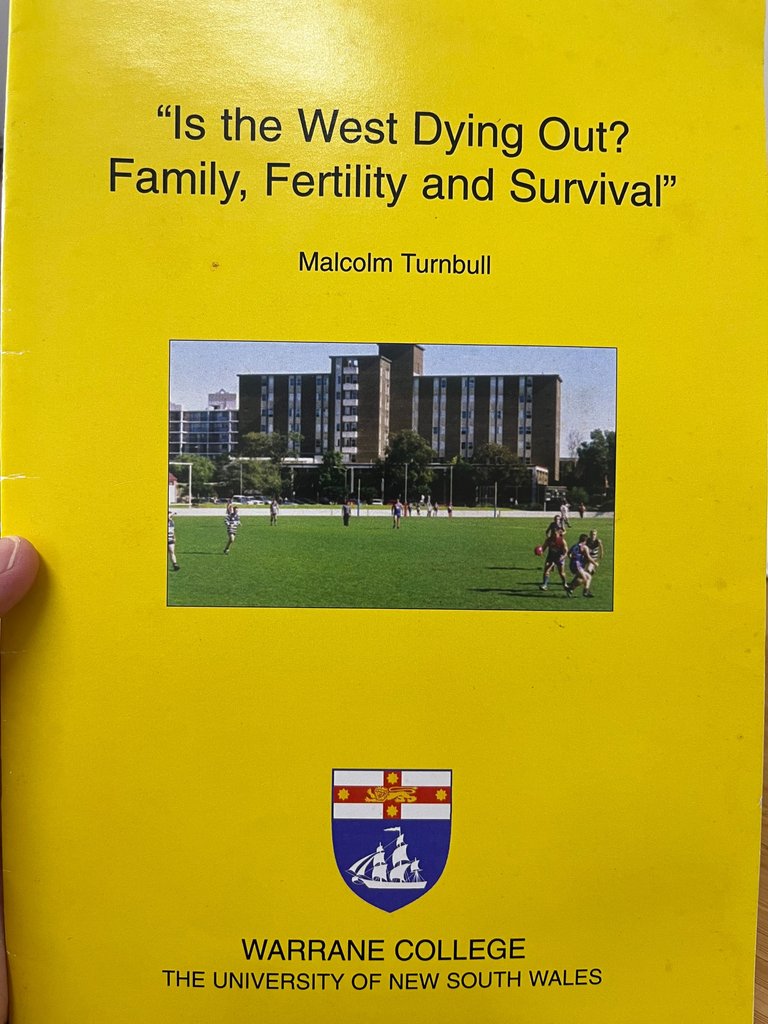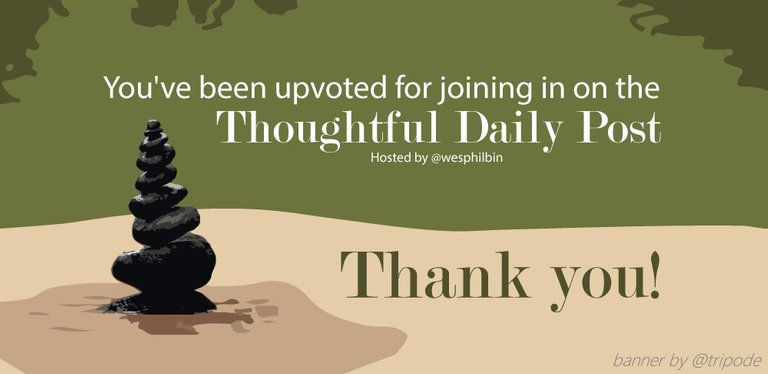Dropping fertility rates have been an area of interest for me lately, both on a private level and and more broadly on a psychological/societal one. It's an issue that a few years previous I blamed on an increasingly hedonistic culture, and yet, the more information I gather on the subject, the more complex an issue it becomes.
We tend to think of it as an issue of our times, and yet, as one UnHerd article points out, this drop in fertility can be traced back to at least 100-150 years ago, all the way back to the Industrial Revolution, and even before, to the French Revolution. Yes, fertility rates are going lower and lower as we move along, but it started long before the TikTok generation, and the yass queen generation, and all these other modern trends telling women what a bust it is to have a family.
The article also offers an interesting reason as to why this might be the case. Many have tried - I've heard experts blame it on more higher education for women, hedonism, decline of religious practices, anti-natalist agendas, and a slew of other things.
I look at it from my own perspective as a 20-something woman - we're led to believe kids will impede your career development, social life and are just so damn expensive at the end of the day. But when we think of that, we think of the immediate next few years - the diapers and the toys and the food and the stuff kids need which, to be fair, is excessively priced. But. As the author of this one article suggests, it's not so much that having children (the act of keeping one alive, clothed and fed) is expensive in itself, but rather that the process of rearing successful young adults is beyond our material (and perhaps psychological means).
"The Industrial Revolution would play its part too, leading to fertility decline in almost every single country on earth — starting with Britain. It would create conditions in which the success of children became almost completely reliant on parental investment — except in this case the investment would become exponential. In a highly competitive market economy, parents spend vast sums on equipping their children for the rat race. No child can be overly prepared."
And so perhaps it's not just the voice on my Instagram feed telling me I'm better off sipping a Mai Tai on the beach instead of raising a baby, but a more primal, firmly-rooted mistrust of our society. And that's not even factoring in the hectic political scene. Just the 'how the fuck do you survive' scene. Could it be we're not having as many children as perhaps we should be because we're afraid in 20 years' time, they'll turn out to be failures?

Have we given up, in a sense? Because that's what that mentality would suggest - not only have I resigned myself to the idea that I will fail in this life (socially, economically, etc.), but also that my children will be helpless, too. Seems a grim way to look at things, and yet, the numbers don't lie.
"In other words, our psychology tells us that each child requires ever increasing amounts of investment in order to “survive” in today’s society, when in fact the adaptive strategy would be to have five healthy but slightly less wealthy children, instead of two super-elite ones. So, while people are correct when they say that children have become more expensive, perhaps the more important thing is that they feel so much more expensive than they really are."
But then, what really needs to change in order to increase our birth rates? Because if this lady is right, and the problem is the rhythm of our society itself, it's a much bigger change we need. What's interesting to me is that when we talk about our society's focus on materialism and about investing in our children, we think about violin class, chemistry tutoring and the latest iPhone. Naturally, when childless young people or even new parents think about having kids, they think about the immediate years (the baby's needs, the toddler's needs, certainly not the young adult's future needs). No prospective parent is talking about their deep fear that their child would turn out to be a failure, that they would not be able to thrive financially in 25 years' time. So then, even if we fix this idea that "having kids is expensive" we're fixing it on a surface level, on the baby and toddler level.
So then, I guess a question would be - How do you convince young people that they are, in fact, capable of rearing successful children?
Because I do think that's the case. That even though many things are currently precarious, I do believe in humanity's ultimate resilience and adaptability. And also,
Would convincing them of that be a lie?
Because you look around as a young person now and think I have no money to buy a house, since real estate is through the fucking roof, I'm perhaps in debt severely already over my studies, car, whatever, and my job is threatened by robots. Perhaps a big issue for young people, at least in the West (can't really talk for other places, can I?) is that we're living in times of profound instability. As the author of the article, as well as demographer and researcher Lyman Stone conclude, panicking and fear-mongering is not the solution.
As scared as we might currently be, it is not our right nor our place to decide the when the species ends, and certainly not to let such a weighty decision be skewed by fear. On a larger societal level, I have no clue. Perhaps we blow up tomorrow and this will have all been in vain. But on an individual level, I believe we work towards change by seeking out sources of meaning in our lives, and I don't just mean children themselves. A child born to frightened parents will often grow up to be a frightened, anxious child. Perhaps on a personal level, combatting this steep decline in birth rates begins with finding a sense of purpose, looking for the good in your world, even if that means sometimes forcibly tuning out the bad.
It seems to me we are all our (future) children have, right at the get-go, and if they arrive or grow up to find we've given up on this place and on this species already, we're fucked. So I look for beautiful things. For meaning that is beyond my personal, immediate gratification. And for trust in myself and others around me that we may not know how to equip financially successful future people, but that striving to instill good, pro-humanity, pro-Earth values will have to be enough.
After all, it's a supremely 21st century trait to think we're living in the worst times ever, that ours is the only or greater instability ever known to humankind. Tell that to the people cowering in the cave, in the dark. Living through plagues, famine, war. The usual suspects. Tell that to the people alive during the French Revolution or Hiroshima. The supreme difference between us and all those other terror-stricken societies of the past is that we have more access to information (and implicitly fear-mongering outlets) than ever before Perhaps that can provide some explanation as to how we've ended up so anxious and terrified we can't even fuck anymore. And perhaps the simplistic, more immediate solution to this great problem is tuning out the terror and crafting for yourself and for those around you a world worth living for.





 Wes & Grindan
Wes & Grindan